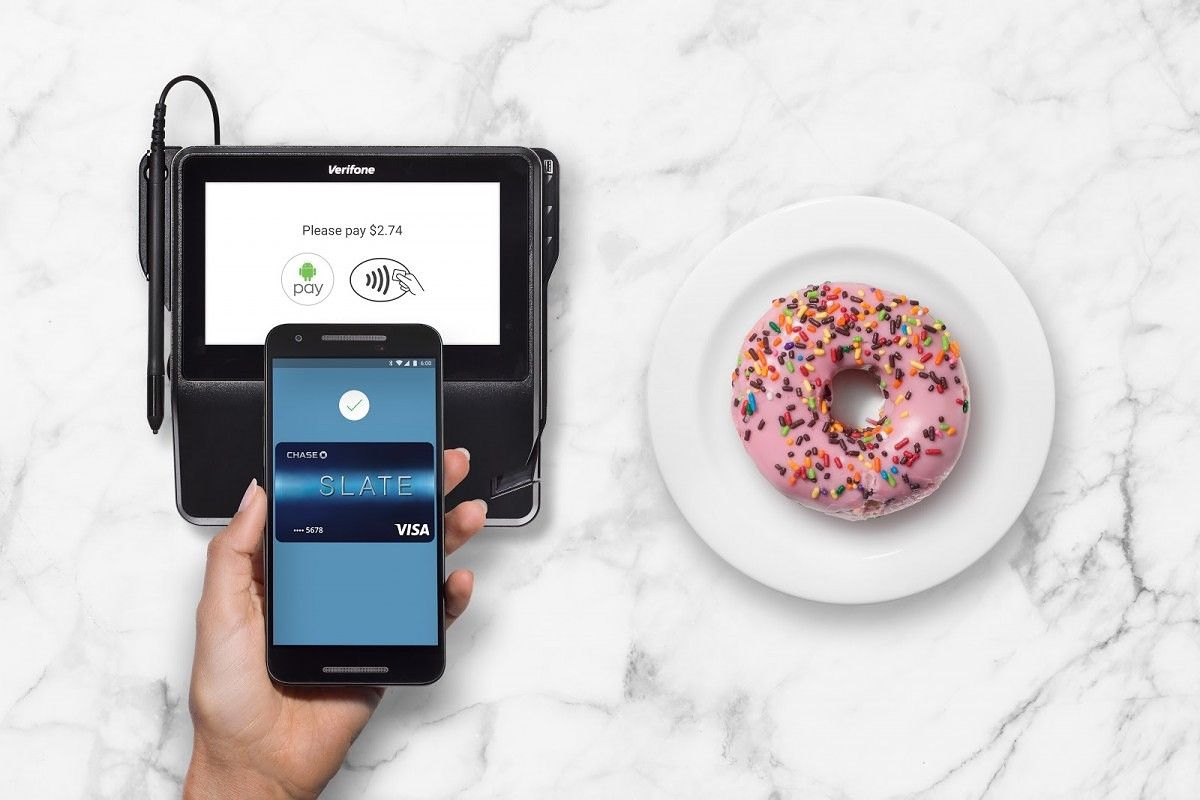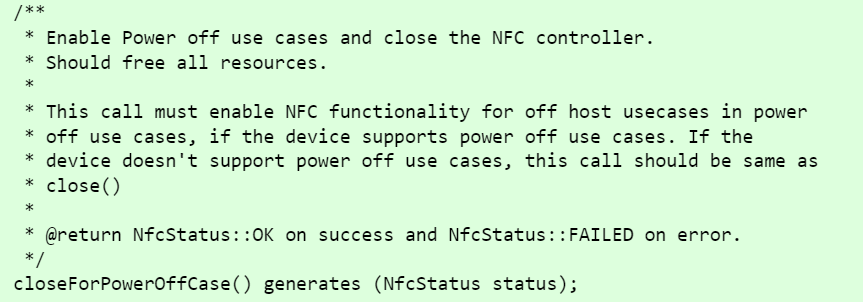The NFC ecosystem has been steadily progressing, but there is still a lot of work to be done. In western markets, NFC is starting to be used increasingly more thanks to the NFC-based payment solutions such as Google Pay (formerly Android Pay). However, in countries such as India, NFC use is still non-existent because of the lack of compelling use cases. In general, NFC-based payment solutions aren't used in many developing countries. Although NFC does have more use cases involving file transfer and automated tasks, these tasks can be done better with alternative technologies.
However, that isn't to say that NFC isn't important. All flagship smartphones have NFC these days, and an increasing number of mid-range and budget smartphones are starting to support it too. Android itself has had support for NFC since 2011, although we haven't seen many major additions to NFC functionality in Android since then. That may change in the future, as new commits we discovered in the Android Open Source Project show that the NFC HAL is being updated with some potentially interesting implications.
A Hardware Abstraction Layer, or HAL, is what allows the Android Framework (OS) to interface with the underlying hardware. In this case, the NFC HAL allows Android to work with an NFC chip.
What's new here is that the HAL is being updated with support for "power off use cases." As described in the commits, this allows for NFC to work even when the user turns it off. The commits mentions "vendor specific configurations" that are needed during NFC power off, but doesn't elaborate on what these configurations might be.
It is likely that this new NFC power off state will work well under low battery conditions and will be more power efficient. It's unlikely that users would specifically want NFC to work even when they have turned it off, but the OS will now be able to distinguish cases where the user turns NFC off because they don't want to use it and cases where NFC is turned off as a result of the device being switched off.
This wouldn't be the first feature to work even if the user disables the option, as Android has a Wi-Fi/Bluetooth scanning in location services that keeps these radios active but doesn't allow for connections to be made. It is possible that something similar could happen with mobile payments. For example, if a user accidentally turns off NFC, then they can still initiate payments through Google Pay (though obviously completing the payment would require user authentication.)
This is only speculation at this point, though, as the details of power off NFC use cases haven't been made clear yet. We expect to learn more about this in the future.



